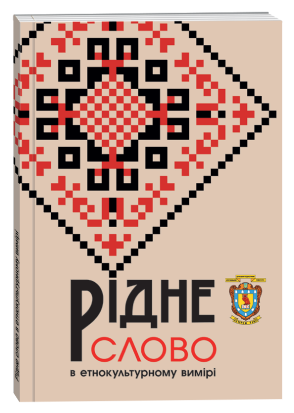DEVELOPMENT OF LITERARY-CREATIVE ABILITIES OF ELEMENTARY SCHOOL STUDENTS MEANS TRVZ
Keywords:
primary education, the TRIZ technology, literary ability, creativity, learning methods.Abstract
The modernization of the education system in Ukraine, changing its guidelines on child development as individuals, forming intellectual potential and ensure continuous improvement, requires changes in the system of modern elementary education. TRIZ Technology - a new tool for creative thinking adults and children. In this article we aim to analyze and summarize theoretical principles TRIZ use of technology in the classroom for readings of literary and creative abilities of elementary school students. The nature of TRIZ technology is analyzed, the means of cognitive and creative abilities in the learning process by methods of TRIZ are described, compared TRIZ with technology of developing training, described the possibility of using adapted TRIZ methods for younger students; found that the introduction of TRIZ in primary education contributes to solving the problem of their qualitative infl uence on the content, methods and forms of organization of education, and create conditions for the educational process of an elementary school. Creative imagination and fantasy - important personality. Regular use of creative techniques daydreaming in the classroom readings and class work with elementary school students create all conditions for their imagination, creative thinking, the ability to create a creative product. Thus the use of elements of systems thinking TRIZ the lessons of literary reading and Ukrainian languages in elementary school promotes the development of skills of elementary school students to unconventional and original problem solving new problems and situations based on intuitive thinking and creative imagination. Prospects for future research is to study the development of fi gurative speech of primary school facilities TRIZ.
References
Альтшуллер Г. С. Алгоритм изобретения / Г. С. Альтшуллер. – М. : Московский рабочий, 1969. – 272 с.
Альтшуллер Г. С. Основы изобретательства / Г.С. Альтшуллер. – Воронеж : Центрально- Черноземное кн. изд., 1964. – 240 с.
Альтшуллер Г. С. Теория и практика решения изобретательских задач / Г. С. Альтшуллер, Б. Л. Злотин, А. В. Зусман. – К. : Методические рекомендации. – Кишинев, 1989. — 127 с.
Богат В. ТРВЗ: основні положення: [про наук. концепцію теорії розв’язання винахідницьких задач] / В. Богат // Дошкільне виховання. – 2005. – № 7. – С. 18.
Костюк Г.С. Здібності та їх розвиток у дітей / Г.С. Костюк. – К.: Основи, 2006. – 80 с.
Кріпакова С. Використання функціонально-системного підходу, як методу ТРВЗ, в початковій школі / С. Кріпакова. - [Електронний ресурс]. // Режим доступу: http://sichneva2016.jimdo.com/
Роменець В.А. Психологія творчості / В. А. Романець. – К.: Либідь, 2001. – 286 с.
Савченко О.Я. Методика читання у початкових класах: Посіб. для вчителя / О.Я. Савченко. – К.: Освіта, 2007. – 334 с.

